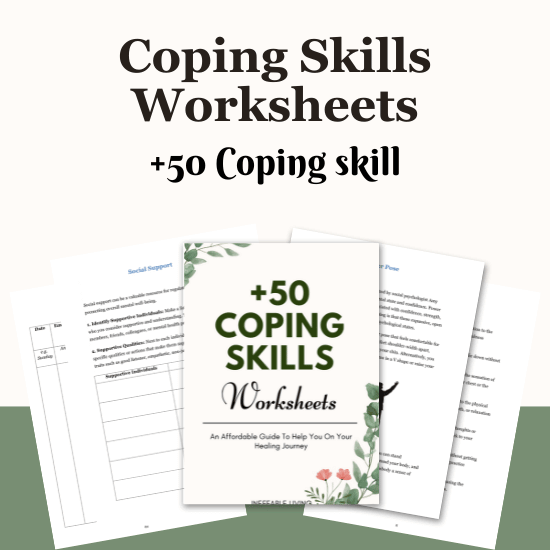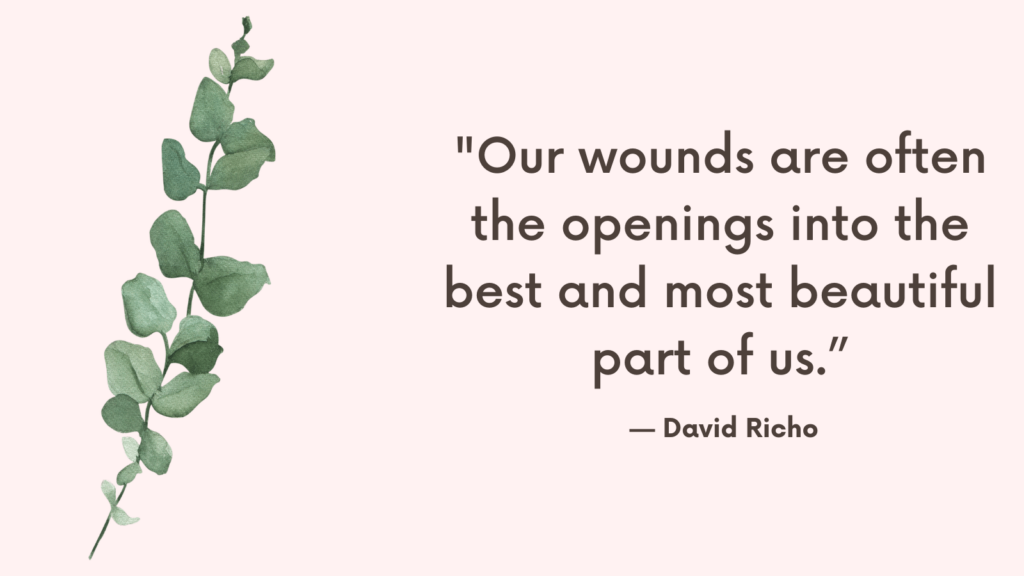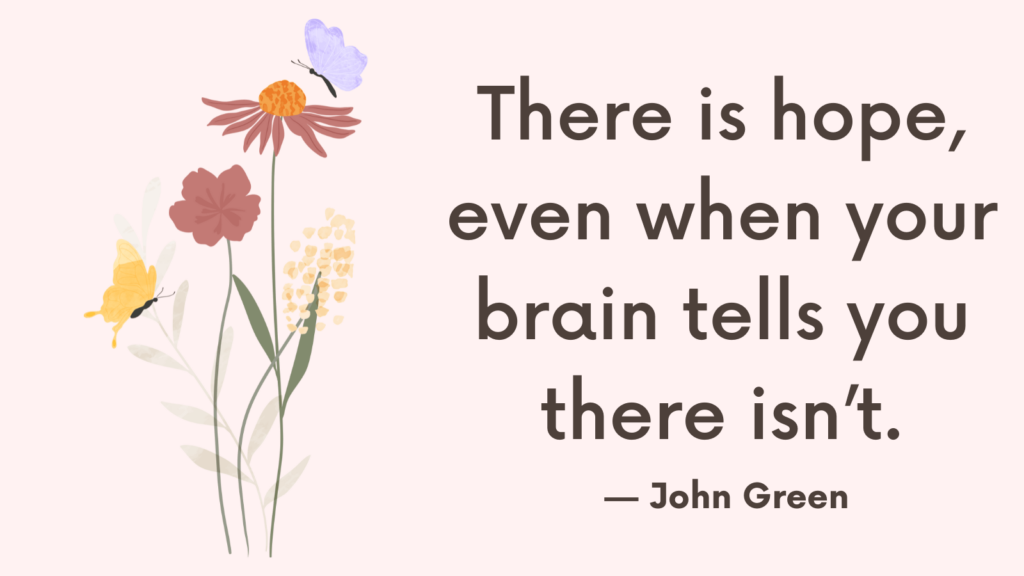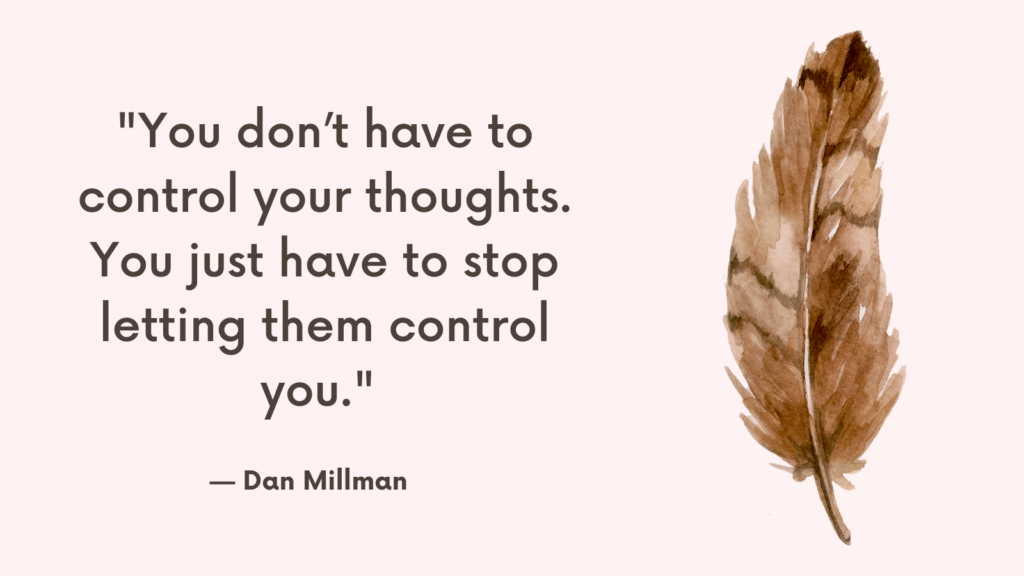When life feels overwhelming, we all turn to coping mechanisms—some healthy, some harmful. Unhealthy coping mechanisms may provide temporary relief but ultimately worsen stress, anxiety, and emotional struggles in the long run.
What Are Unhealthy Coping Mechanisms?
Unhealthy coping mechanisms are ways of dealing with stress, emotions, or trauma that:
Provide short-term relief but long-term harm
Avoid dealing with the real issue
Lead to emotional or physical consequences
Recognizing unhealthy coping patterns is the first step toward replacing them with healthier habits.
10 Most Common Unhealthy Coping Mechanisms
1. Avoidance & Denial
Ignoring problems or pretending they don’t exist to avoid emotional discomfort.
Can manifest as avoiding conversations, procrastinating, or suppressing emotions.
Healthier Alternative: Face issues step by step. Journaling, therapy, or talking to someone can help you process emotions instead of avoiding them.
2. Emotional Eating (Stress Eating or Overeating)
Using food for comfort rather than nourishment.
Leads to guilt, health issues, and emotional numbness rather than true relief.
Healthier Alternative: Identify emotional triggers and replace stress-eating with exercise, deep breathing, or mindful eating.
Related: Top 9 Highly Sensitive Person Coping Strategies [HSP’s Survival Guide]
3. Substance Abuse (Alcohol, Drugs, Smoking)
Using substances to escape, numb pain, or cope with stress.
Leads to addiction, mental health issues, and more stress long-term.
Healthier Alternative: Engage in hobbies, mindfulness, or social support as alternative coping mechanisms.
4. Overworking (Workaholism)
Using work as a distraction from personal problems.
Leads to burnout, stress, and neglected relationships.
Healthier Alternative: Set work-life boundaries, schedule relaxation, and engage in self-care activities.
5. Self-Isolation & Social Withdrawal
Avoiding social interaction due to depression, anxiety, or fear of burdening others.
Leads to increased loneliness and emotional disconnection.
Healthier Alternative: Reach out to trusted friends or support groups, even if it’s just a small interaction. Social connection helps with healing.
Related: 30 Coping Skills for Anxiety and Depression
6. Negative Self-Talk & Self-Criticism
Constantly blaming or belittling yourself instead of showing self-compassion.
Leads to low self-esteem, anxiety, and lack of motivation.
Healthier Alternative: Practice self-compassion—replace negative thoughts with affirmations like: “I am doing my best, and that’s enough.”
7. Suppressing Emotions (Bottling Up Feelings)
Ignoring emotions instead of processing them.
Can lead to anger outbursts, anxiety, or physical health issues.
Healthier Alternative: Express emotions through journaling, talking to a friend, or engaging in creative activities like art or music.
Related: Top 35 OCD Coping Skills
8. Procrastination & Escapism
Avoiding responsibilities by scrolling social media, binge-watching TV, or excessive gaming.
Creates a cycle of guilt, stress, and unfinished tasks.
Healthier Alternative: Use the Pomodoro Technique (work for 25 minutes, take a 5-minute break) to make tasks more manageable.
9. Impulsive Spending & Retail Therapy
Shopping to escape emotional distress or seek temporary happiness.
Leads to financial stress and regret.
Healthier Alternative: Pause before spending and ask: “Do I really need this, or am I seeking emotional relief?” Find non-material ways to lift your mood.
Related: Top 13 Toxic Habits Everyone Should Quit To Build Emotional Resilience
10. Self-Harm or Reckless Behavior
Engaging in self-destructive actions (cutting, reckless driving, or risky behaviors) to cope with pain.
Highly dangerous and requires professional support.
Healthier Alternative: Seek professional help. Try mindful grounding techniques, like holding an ice cube or using breathing exercises to manage overwhelming emotions.

Signs You’re Using Unhealthy Coping Strategies
1. You Frequently Numb Out With Substances or Behaviors
Turning to alcohol, drugs, excessive food, or endless scrolling to escape your emotions is a sign you’re avoiding, not addressing, the root of your stress.
2. You Lash Out at Others
If you often release stress by snapping, yelling, or blaming, you may be displacing your emotional pain instead of processing it.
3. You Shut Down or Withdraw Completely
Avoiding people, isolating, or emotionally numbing yourself might feel protective, but over time it deepens loneliness and disconnects you from needed support.
4. You Overwork or Overcommit
Using constant busyness, work, or achievement to avoid feelings keeps you distracted but often leads to burnout and emotional exhaustion.
5. You Engage in Self-Harm or Risky Behaviors
Hurting yourself, driving recklessly, or engaging in unsafe situations can signal intense emotional distress and an urgent need for healthier intervention.
6. You Ignore or Suppress Your Emotions
Telling yourself to “just get over it,” stuffing down feelings, or pretending you’re fine only delays healing and can lead to emotional explosions later.
7. You Overconsume Media or Entertainment
Binge-watching shows, playing endless games, or staying glued to social media can become unhealthy when it’s used to avoid reality or important responsibilities.
8. You Constantly Seek External Validation
Relying on praise, approval, or others’ opinions to feel okay about yourself keeps you trapped in insecurity and emotional dependence.
9. You Use Humor or Sarcasm to Deflect Pain
While laughter can be healing, constantly joking to avoid vulnerability or hide your hurt prevents deeper emotional honesty and connection.
10. You Feel Worse After Coping, Not Better
The biggest sign of unhealthy coping is that it leaves you feeling more ashamed, anxious, drained, or stuck — rather than supported or relieved.
Steps to Break the Unhealthy Coping Cycle
1. Recognize Your Current Coping Patterns
Start by noticing which behaviors you turn to when you’re stressed, overwhelmed, or in pain. Awareness is the first step toward change.
2. Identify Your Triggers and Emotional Needs
Ask yourself: What feelings or situations drive me to these coping behaviors? What am I trying to escape, avoid, or soothe? Understanding the underlying need helps you find better strategies.
3. Practice Pausing Before Reacting
When you feel the urge to engage in an unhealthy habit, pause — even for a few seconds. Take a deep breath and notice the craving or impulse without acting on it right away.
4. Choose a Small, Healthier Alternative
Instead of aiming for drastic change, pick one small healthier option — like journaling, deep breathing, going for a walk, or calling a friend — that can help interrupt the automatic cycle.
5. Build a Personalized Coping Toolbox
Create a list or kit of healthy tools you can turn to when emotions rise. Include sensory items, calming activities, grounding exercises, or supportive contacts.
6. Replace Harsh Self-Talk With Compassion
Notice if you’re shaming yourself for slipping into old patterns. Speak kindly to yourself: “I’m learning. I can try again.” Shame fuels the cycle; compassion breaks it.
7. Focus on Progress, Not Perfection
You won’t break every habit overnight — and that’s okay. Celebrate small victories and keep practicing. Gradual, steady change is more sustainable than all-or-nothing goals.
8. Strengthen Your Emotional Awareness
Regularly check in with your feelings so you catch stress early, before it escalates. Daily reflection or journaling can help you stay connected to your emotional state.
9. Reach Out for Support
Breaking unhealthy cycles is hard to do alone. Lean on trusted friends, support groups, or mental health professionals who can encourage and guide you.
10. Acknowledge Your Strength and Growth
Every time you choose a healthier coping response, you’re rewiring old patterns and building emotional resilience. Honor your effort and remind yourself that change is possible.
Final Thoughts: Small Changes Lead to Big Results
Unhealthy coping mechanisms may feel comforting in the moment, but they don’t solve the root issue. Replacing them with healthier habits allows for true emotional healing and long-term well-being.



